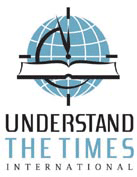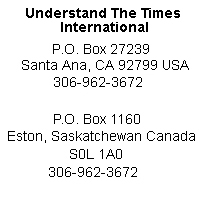Terry Kramer, the chief U.S. envoy to the conference, says the United States is against sanctions and believes management of the Internet by one central organization goes against free speech. “[Doing nothing] would not be a terrible outcome at all,” Kramer said recently. “We need to avoid suffocating the Internet space through well-meaning but overly prescriptive proposals that would seek to control content.”
The World Conference on International Telecommunications (WCIT-12) is the first such meeting since those guidelines were created, and businesses are taking it seriously: U.S. delegates will include representatives from AT&T, Cisco, Facebook, GoDaddy, and dozens more.
Josh King, an attorney with legal advice site Avvo.com, said the ITU will make stronger proposals at a 2015 conference in Dubai. For now, the goal is to restructure so the telecommunication companies in each country have more control over what is on the Internet. “The open, multi-stakeholder approach that has led to the massive growth of the Internet over the last 15 years [would] be replaced with a system of top-down, international regulation,” he told FoxNews.com.
Handley told FoxNews.com that it is likely some of the proposals at WCIT will be enacted over the next five years. What were formerly considered rough guidelines will become more precise governances, she said.
Vivek Mohan, a fellow at the Harvard Kennedy School and a former Microsoft attorney, says the talks should be taken seriously, even if there might not be any short-term impact. “This is a fight for life for the ITU. If they don't assert authority and jurisdiction, they will become irrelevant,” he told FoxNews.com.











